Mastering Wedding Planning: Essential Payment Schedules and Understanding Wedding Costs for Your Dream Day
Planning a wedding involves a significant amount of detail, and one of the most crucial aspects to manage is the schedule of payments. We understand how important it is to ensure your wedding budget is carefully planned and adhered to. This guide will help you navigate the complexities of payment schedules, whilst providing an overview of potential wedding costs.
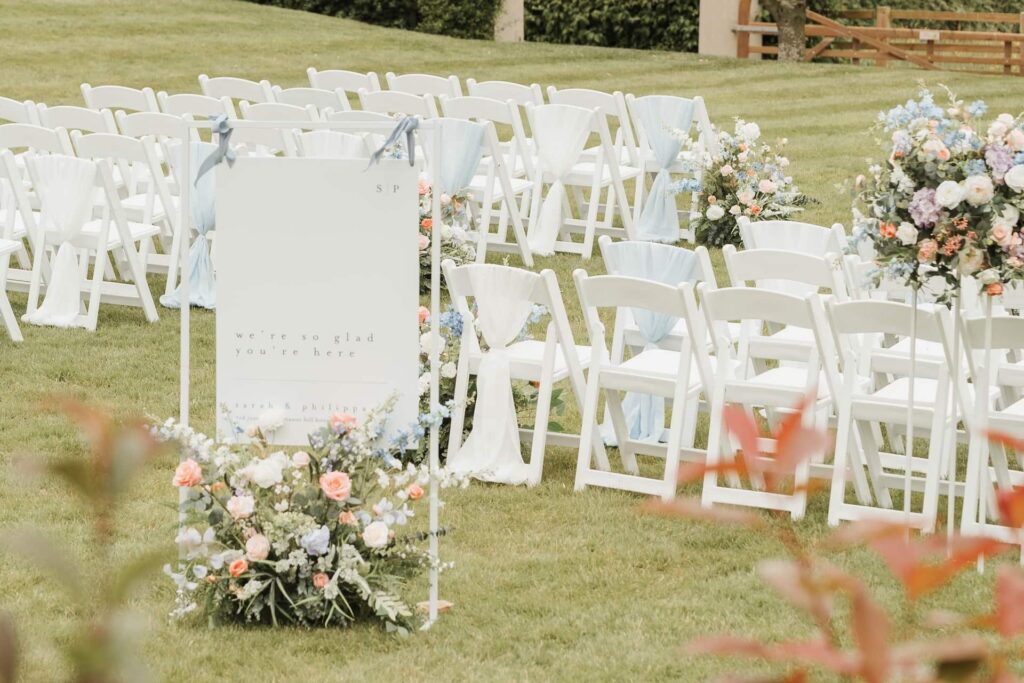
Before immersing yourself into the wonderful aspects of wedding planning, such as cake tastings and choosing floral arrangements, it is important to establish a clear and organised schedule of payments. This document serves as a comprehensive roadmap for your wedding budget, outlining when and how much you need to pay your various suppliers. By doing so, you can avoid any unexpected financial surprises and maintain control over your budget.
Understanding Wedding Costs
Weddings can vary significantly in cost, based on factors such as location, guest numbers, and personal preferences. Here is a breakdown of typical expenses you might encounter:
Venue Costs: Venue hire can range from £1,000 to £10,000 or more. This depends on a range of factors including location, time of year, and exclusivity of the venue.
Photography and Videography: High-quality photography packages typically range from £1,250 to £2,500, while videography can range from £1,000 to £2,500, depending on the length and complexity of the coverage.
Catering: If you’re planning a sit-down dinner, budget approximately £70 to £150 per guest, including food and drinks. Buffet-style receptions may be slightly less expensive.
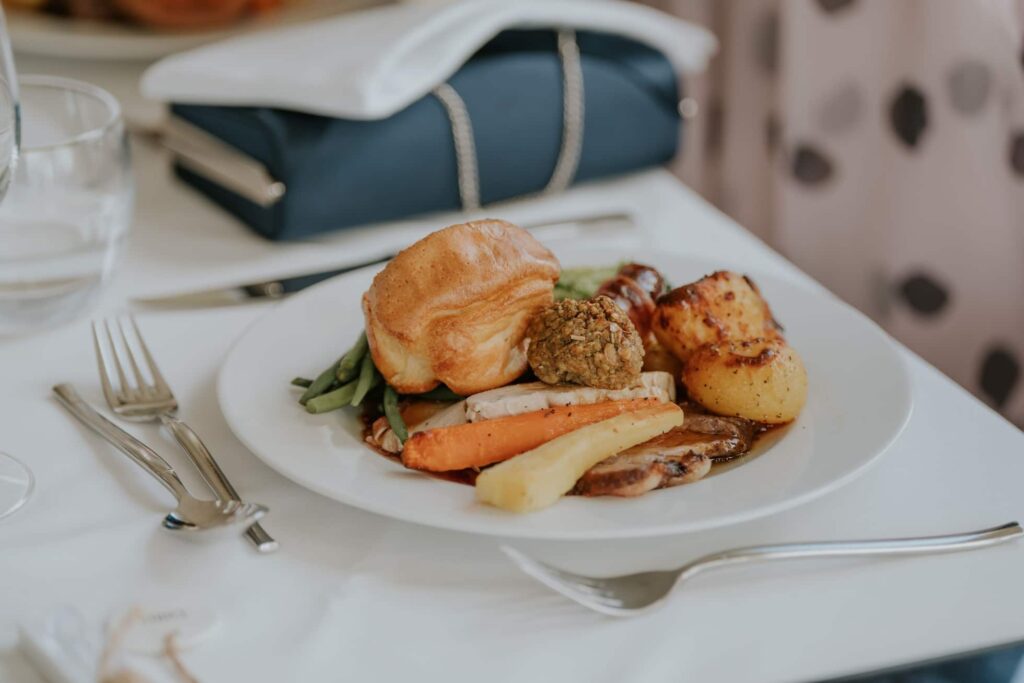
Floral Arrangements: Flowers for the ceremony, reception, and bridal party can total anywhere from £500 to £2,000, depending on the types and quantities you choose. Examples of this may include:
Bridal bouquet, ranging from £120 to £400.
Bridesmaids’ bouquets, ranging from £20 to £80.
Ceremony table pedestals, which can be reused and moved to the top table for wedding breakfast. These can cost anywhere from £100 to £300 each.
Table centrepieces – prices can vary depending upon the size of the arrangement.
If you are having a church ceremony, these prices may increase, depending on the amount required or what the church will allow.
To cut the costs of floral arrangements, some couples tend to use artificial flowers, that can either be hired or bought outright and put together as a DIY project – saving you hundreds.
Wedding Attire: The wedding dress can range from £500 to £4,000 – depending on the style, designer, and where you buy it from – while suits may cost between £100 and £1,000 for groomsmen. Similarly, bridesmaids’ dresses are an important consideration in wedding attire. These dresses can vary significantly in price based on factors such as fabric, design, and the number of bridesmaids. Typically, bridesmaids’ dresses cost between £100 and £300 each.
It’s also essential to account for potential additional costs such as alterations, which ensure a perfect fit, and matching accessories like shoes, jewellery, and hairpieces to complete the look. Coordinating the bridesmaids’ attire to complement the wedding dress and overall theme can enhance the visual harmony of the wedding party.
Additionally, buying a wedding dress second-hand is a sustainable option that can significantly reduce costs while also promoting eco-friendly practices.
Entertainment: A professional DJ may charge between £500 and £1,500, while a live band can cost from £1,000 to £3,000, depending on the number of musicians and duration of performance.
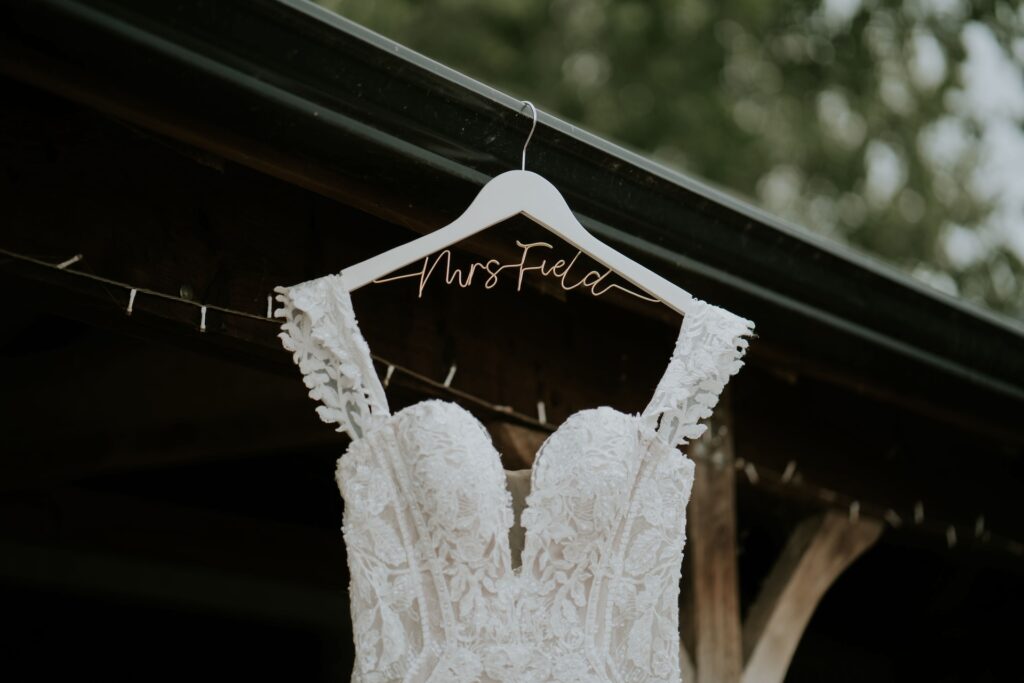
Cake: Wedding cakes generally range from £200 to £600, influenced by size and design complexity.
Some couples may choose to have a doughnut stand, cupcakes or even a cake of cheese!
Stationery and decor: When it comes to wedding stationery, the costs can vary based on the complexity and customisation of the designs. From save-the-date cards, formal invitations, RSVP cards, menus, programs, and thank-you notes are typical components. We suggest budgeting between £500 and £3,000 for items like these.
Custom-designed invitations can range from £1 to £10 per card, with additional costs for premium paper, calligraphy, and special printing techniques like letterpress or foil stamping. Digital printing options are generally more affordable and can help keep costs down. You should also consider postage costs, which can add up, especially if you’re sending invitations internationally. Incorporating a cohesive design theme across all stationery items can enhance the aesthetic appeal of your wedding, ensuring a polished and unified look.
Your venue may also offer a number of finishing touches, free of charge.
Transportation: Depending on the distance and type of vehicle, transportation costs can range from £300 to £1,000.
Miscellaneous Costs: Don’t forget to account for presents for parents and key bridal party members, favours and any beauty services, which can collectively add another £500 to £2,000.
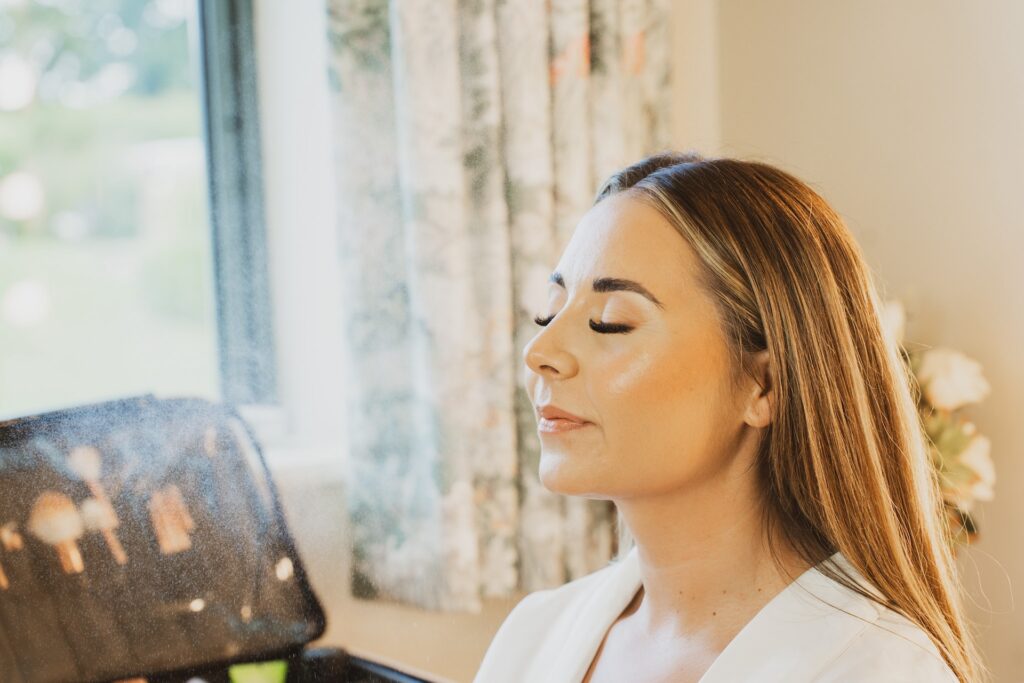
By understanding these potential costs, you can create a more accurate budget that reflects your vision and priorities. Consider making a list of which aspects of the wedding are most important to you. By identifying your priorities, you can allocate funds accordingly – perhaps opting for a less expensive floral arrangement to free up budget for a more extravagant cake or a premium photographer.
Creating a Payment Schedule
Imagine you have secured the perfect venue, hired an exceptional photographer, and booked a band guaranteed to keep your guests dancing all night. The last thing you want is the stress of missed payment deadlines. To prevent this, take a moment to review your payment schedule. Ensure you have a detailed record of all payments, including deposit due dates, amounts, and final payment deadlines.
While this may take time, it is worth the effort and saves any stress and panic leading up to the big day. Having a clear understanding of your financial commitments allows you to budget more effectively.

We recommend using tools such as Google Calendar and Outlook Calendar to set reminders and create a dedicated wedding calendar. This calendar can be shared with your partner, ensuring both of you are aware of upcoming payment dates and other important deadlines. For a more detailed plan, consider using Excel spreadsheets to track payments, compare supplier costs, and manage your overall budget.
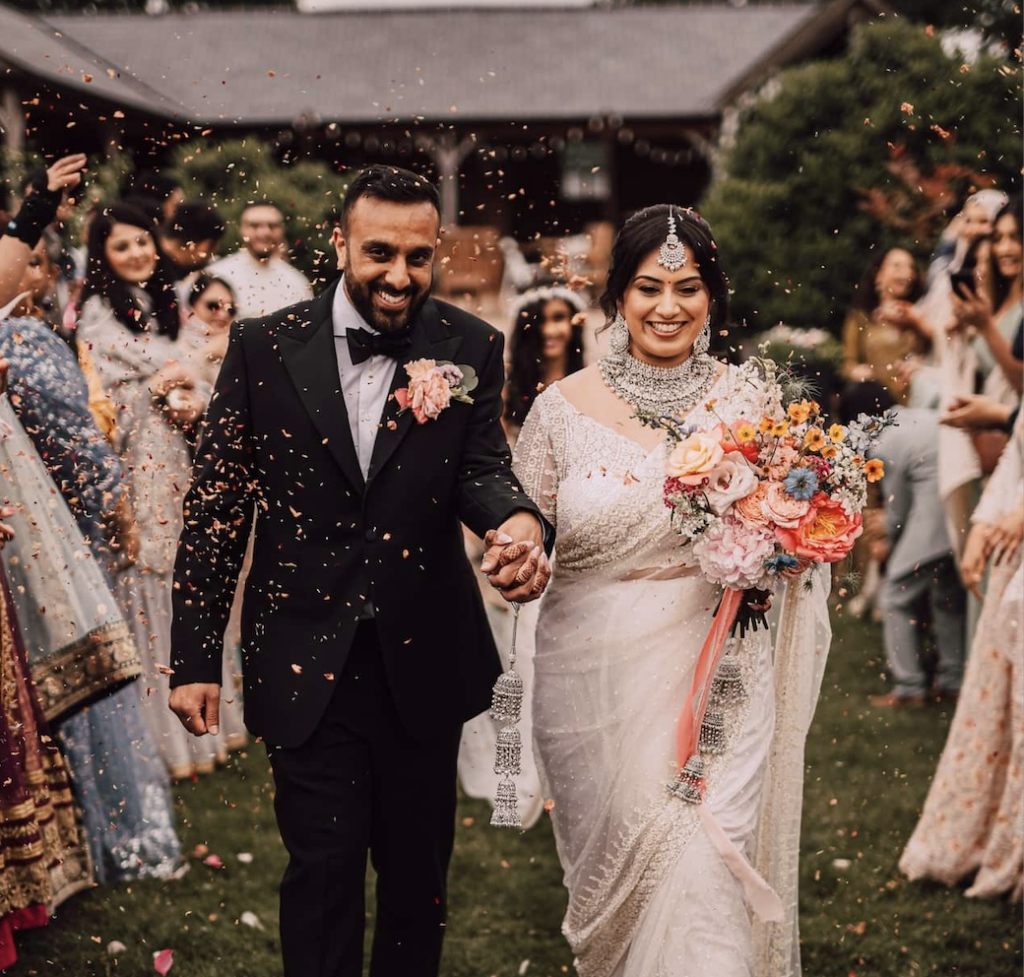
By embracing this organisational approach, you can confidently manage your wedding budget and focus on the more enjoyable aspects of wedding planning – like selecting your first dance song or sampling various wedding cake flavours. Based on estimated costs, we would suggest budgeting between £13,000 and £50,000 (depending on guest numbers and numbers of bridesmaids and groomsmen).
Ultimately, a well-structured payment schedule and a clear understanding of wedding costs will ensure your wedding day is organised and financially manageable, allowing you to focus on enjoying the celebration with your loved ones.
Contact us today to find out more about our exclusive use wedding venue and discover how we can make your dream wedding come true!
Our newsletter
Follow us
We love being social! Share your stories,
and join the conversation










